How it comes together
The Ladi Shah Project is based in Kashmir and led by a team of oral historians who travel throughout the region interviewing people from all walks of life. The interviews are recorded primarily in Kashmiri in keeping with the project's mission to preserve the language.
The team is constantly working to find narrators from all socio-economic backgrounds, religions and occupations, from actors to doctors, poets to paper maché makers. Everyone has a story to tell, and the Ladi Shah Project is dedicated to having the voices of the Kashmiri people recorded, preserved, and shared with the rest of the world.
To learn more about how the Ladi Shah Project works, click here.



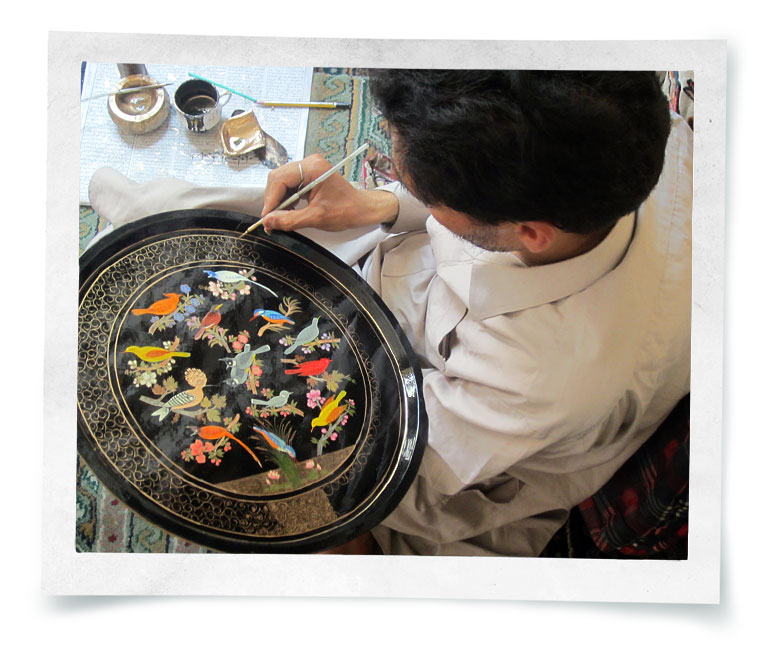
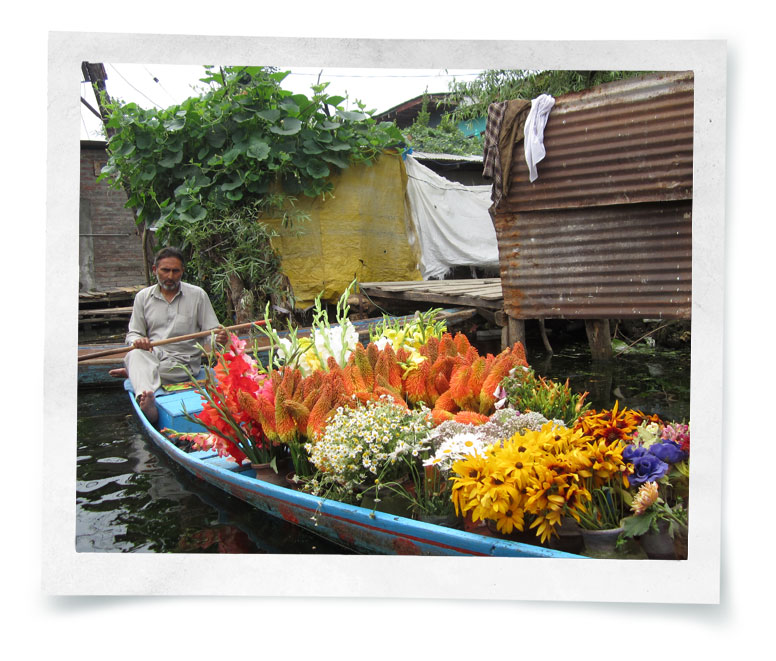
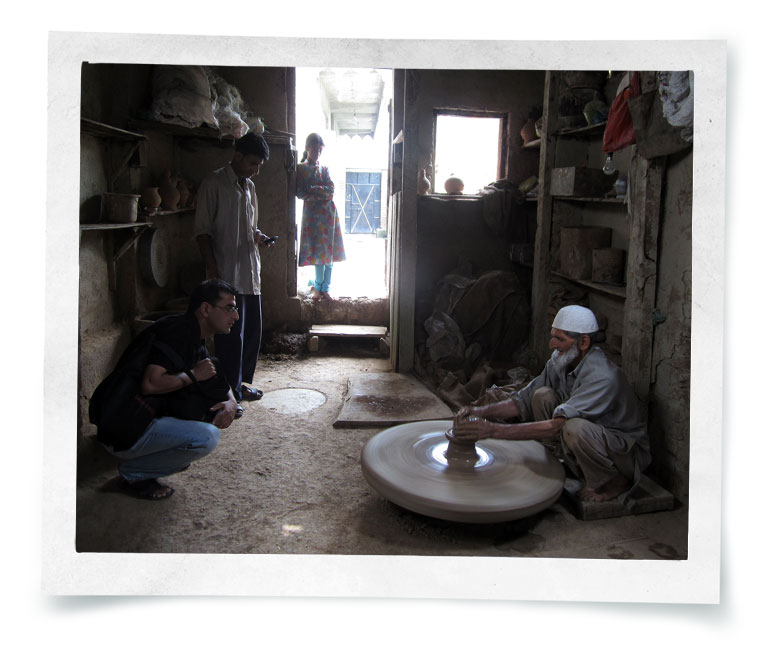
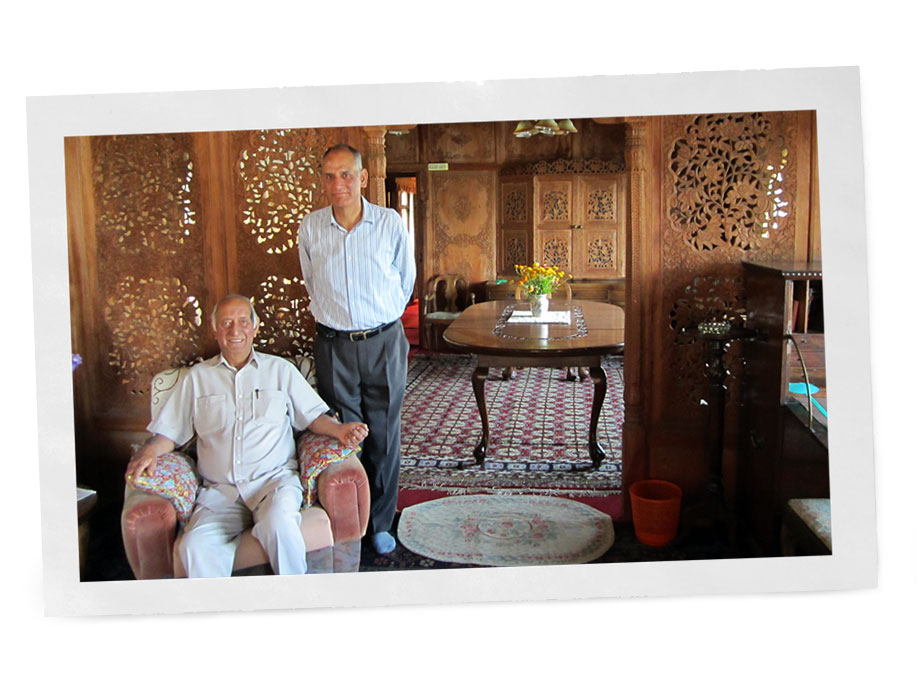
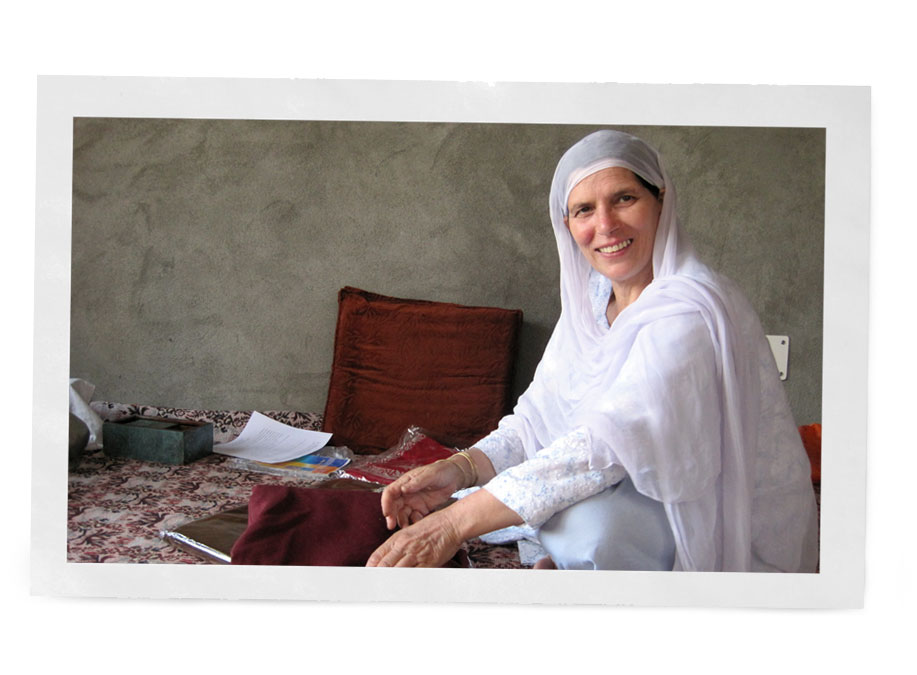
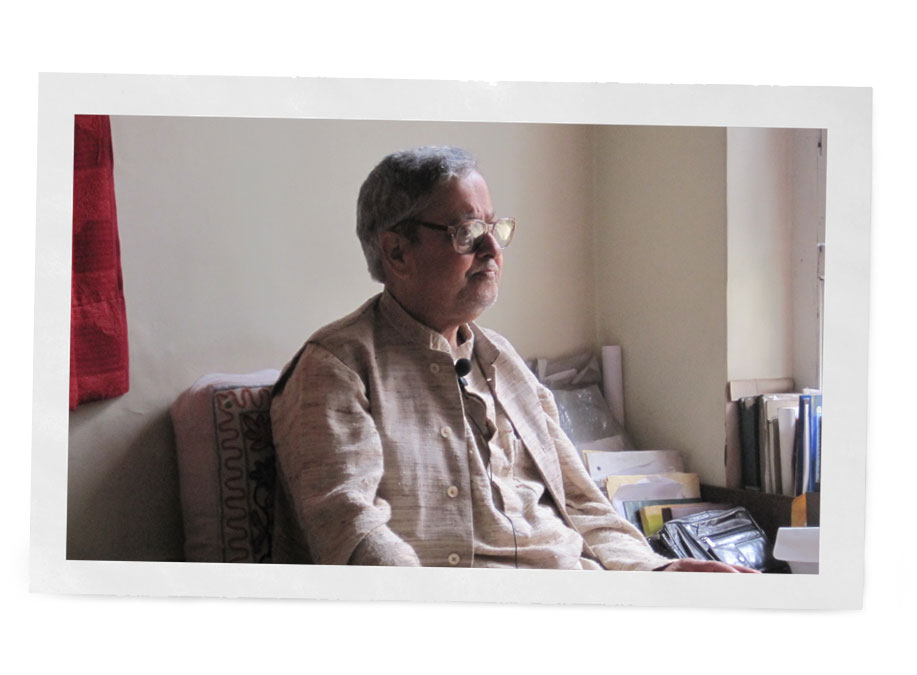
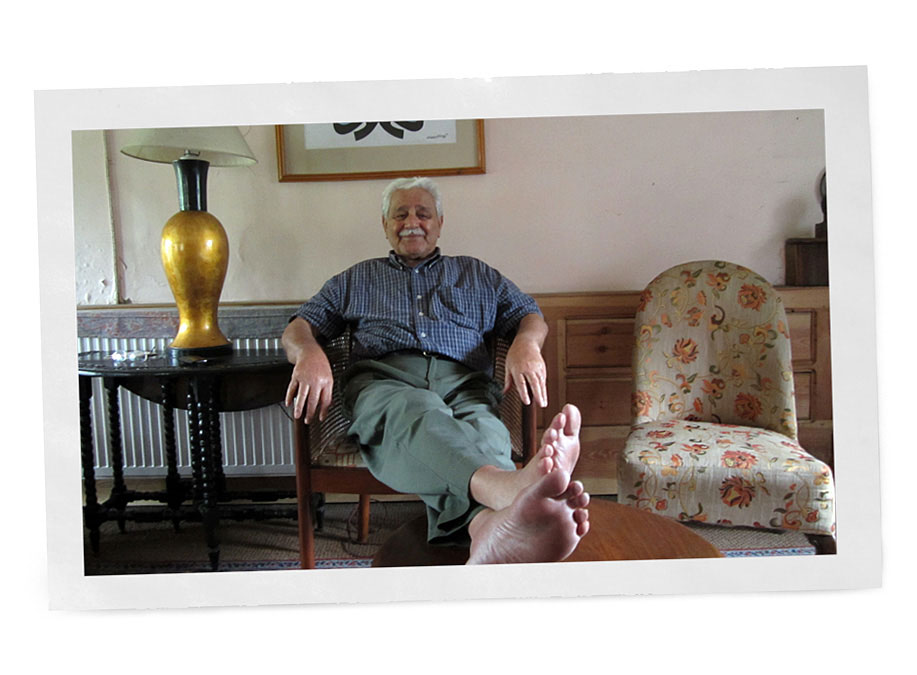
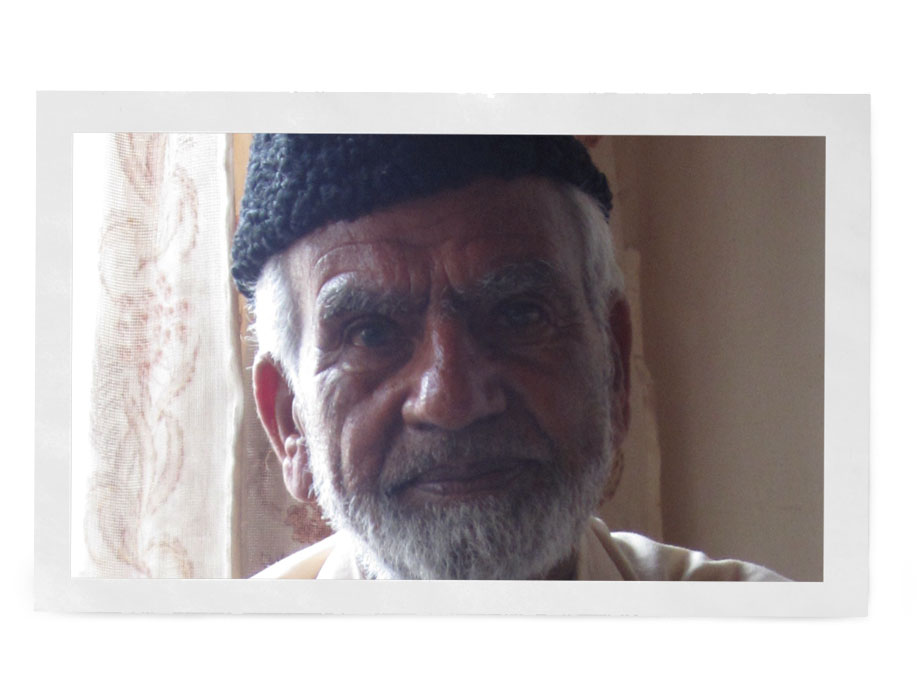
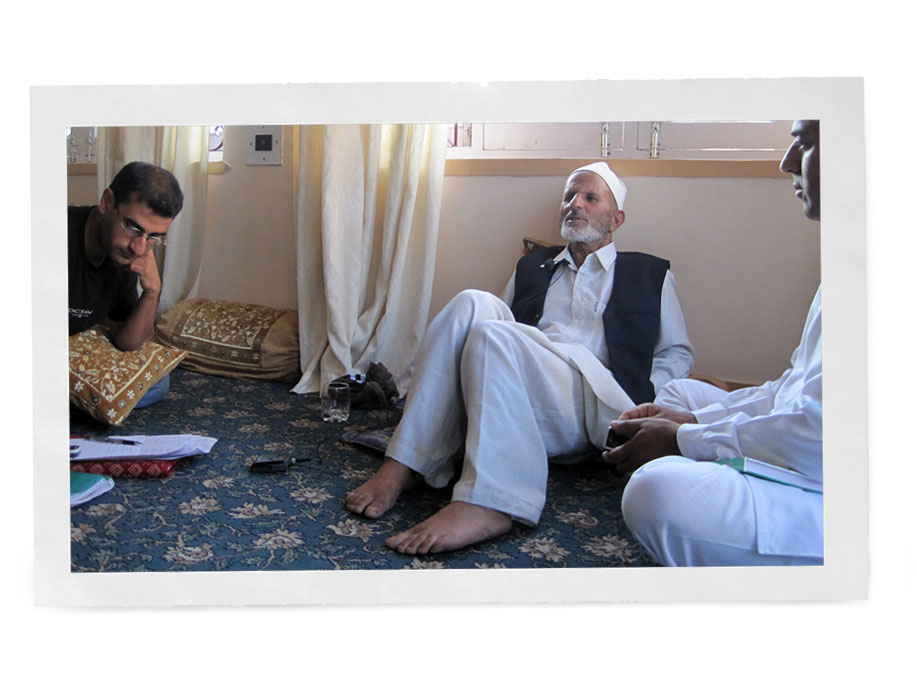
A.
The oral historian (interviewer) and the person to be interviewed (narrator) meet at a quiet location (usually the narrator's residence or workplace). Efforts are made to ensure that individuals from diverse backgrounds are interviewed. Next


B.
The interviewer explains the purpose of the Ladi Shah Project, and answers the narrator's questions about the project. The interviewer provides the narrator with the Ladi Shah Project consent form and explains what it says. If the narrator agrees to proceed with the interview,
s(he) signs the consent form. Next
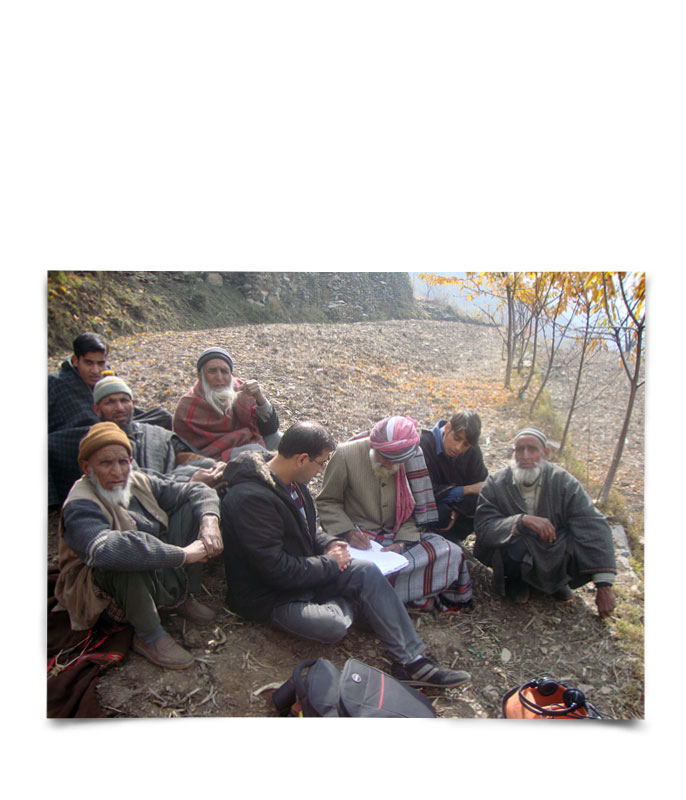
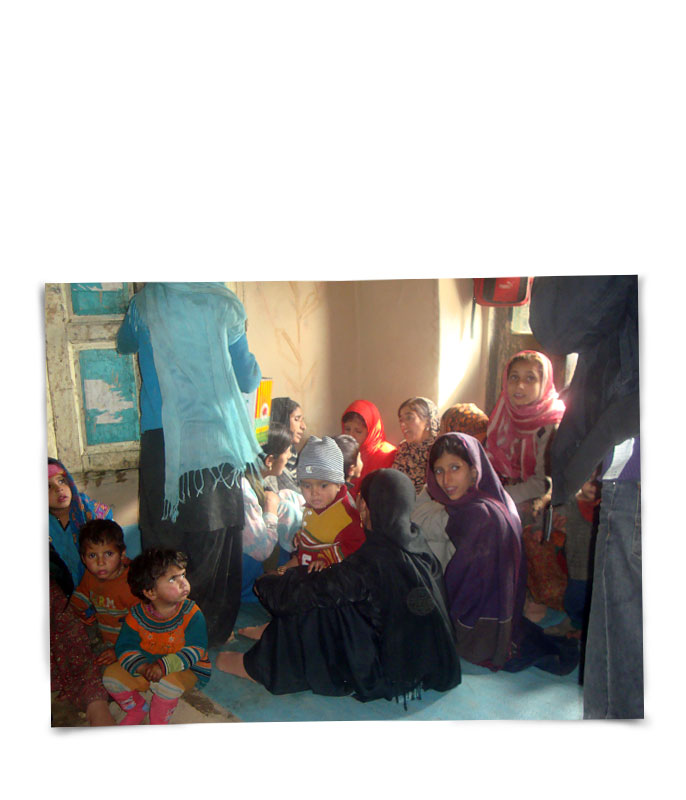
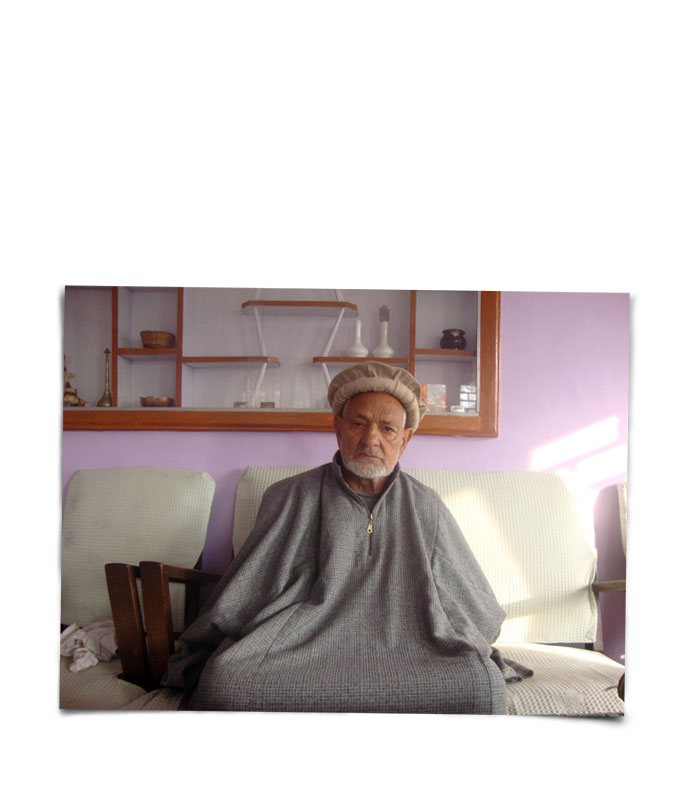
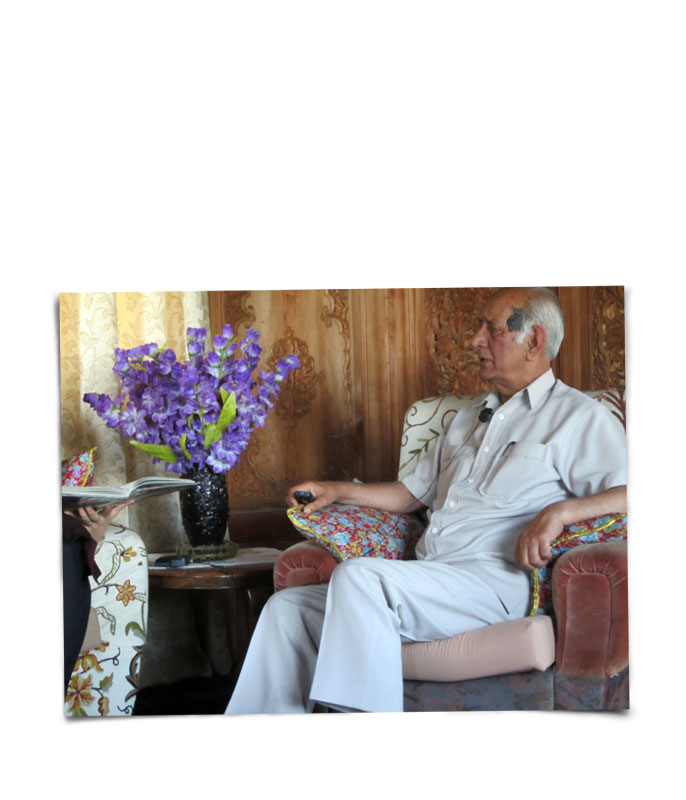
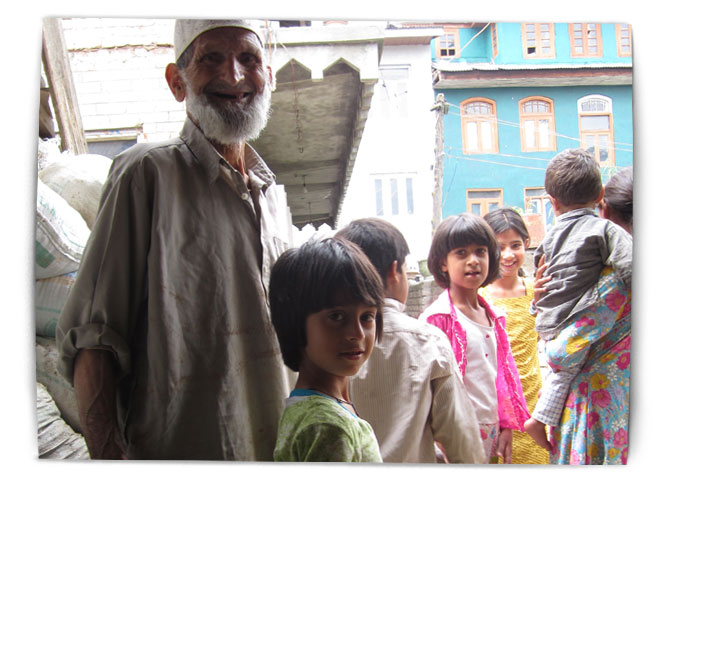
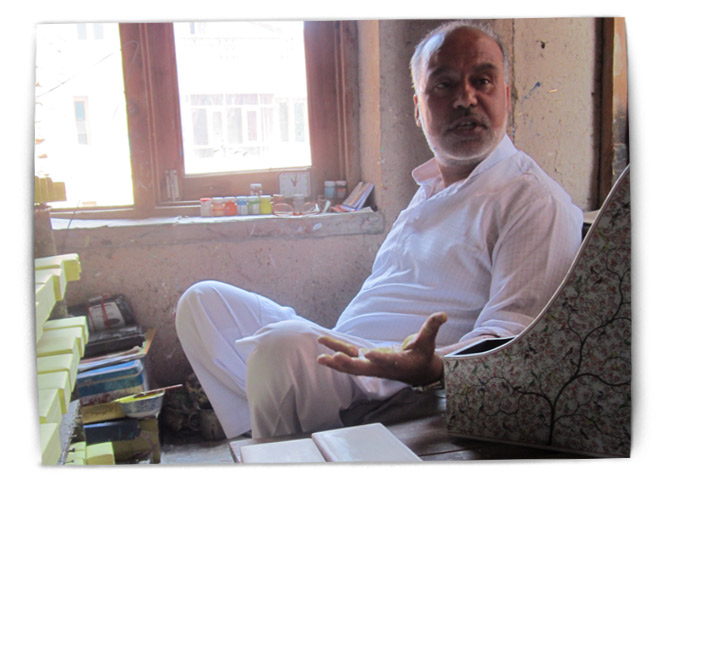
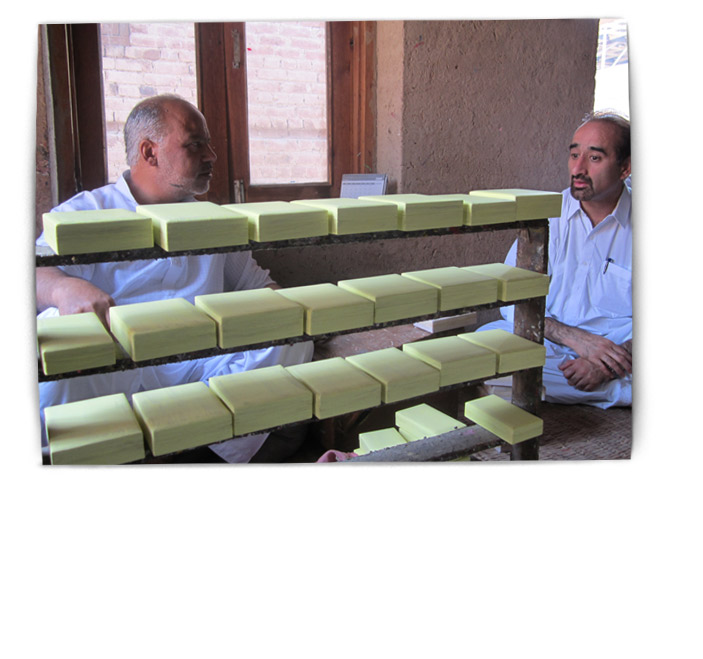
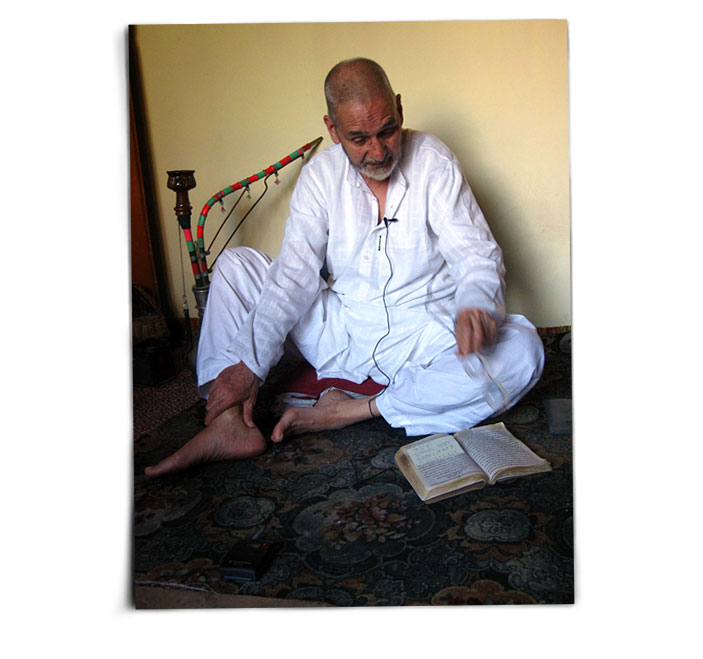
C.
The interviewer starts by asking the narrator basic personal questions, such as their name and place of birth. Next, the interviewer seeks to elicit longer responses by asking more open-ended questions that focus on the narrator's life experiences and stories. Typical questions are:
- How would you describe the neighborhood you grew up in?
- What do you remember about your childhood?
- Can you tell us about your family?
The interviewer never attempts to compel the narrator to speak about topics that s(he) is not comfortable discussing. The narrator, if s(he) chooses, may remain anonymous. Next

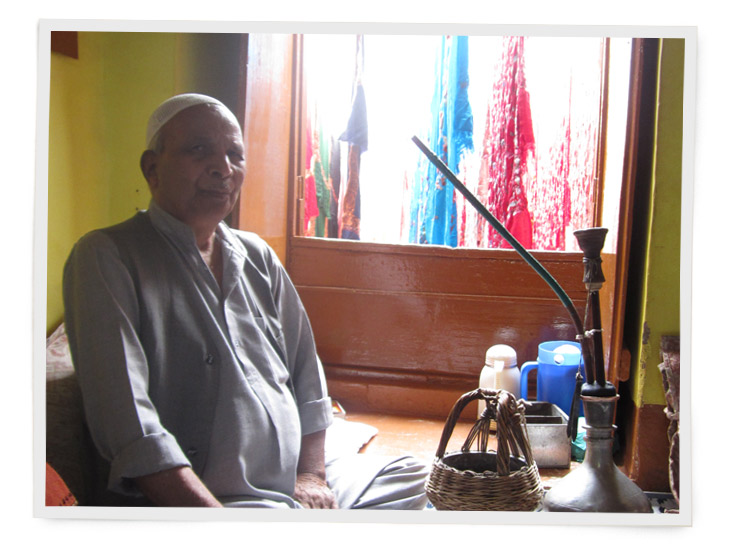
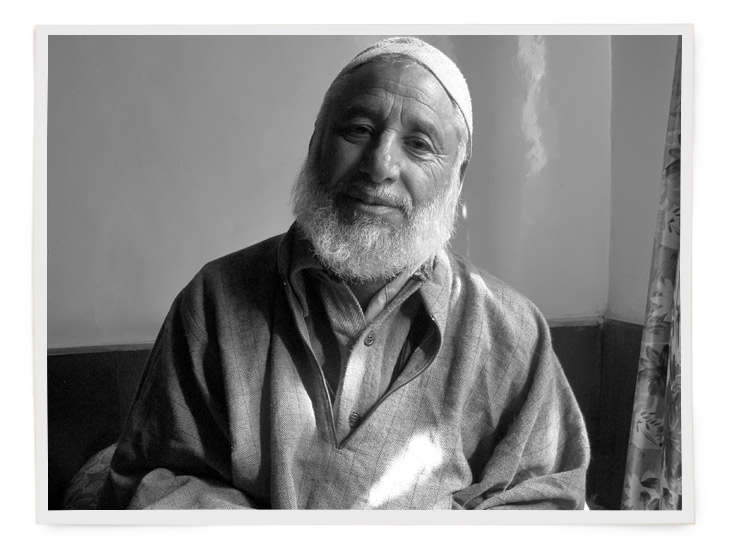
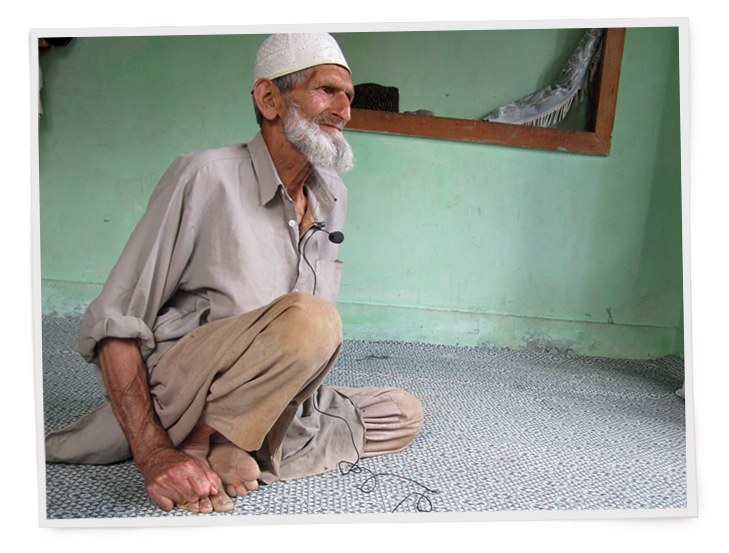
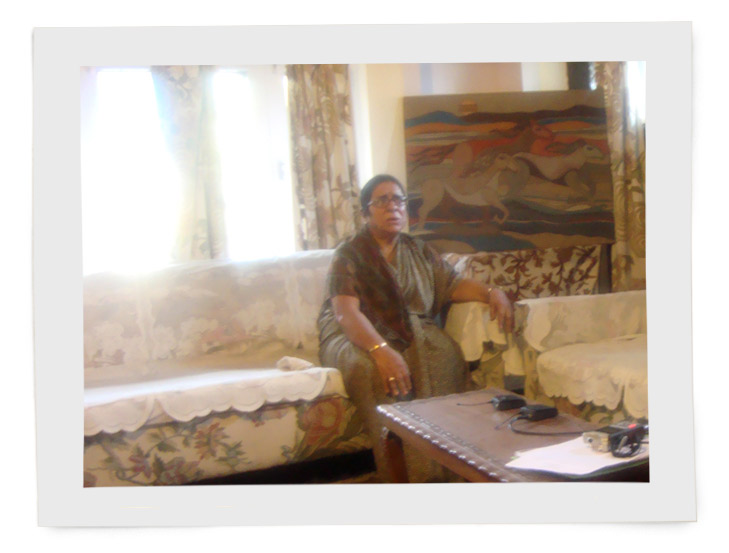
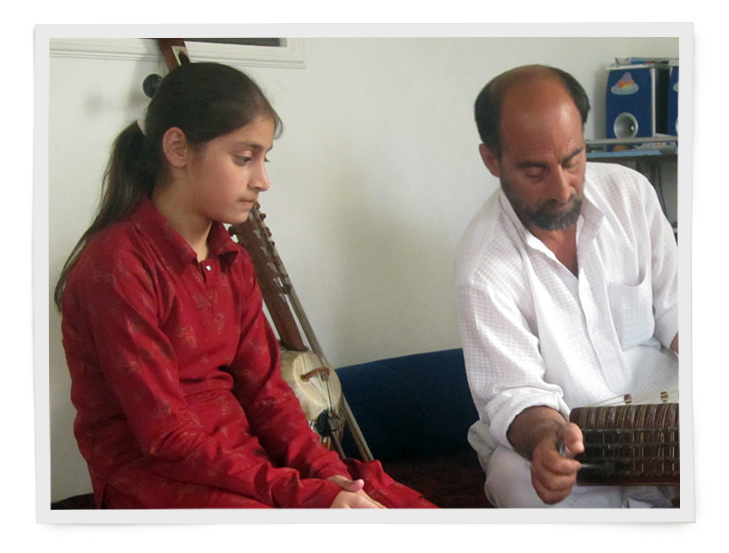
D.
Interviews may last anywhere from fifteen minutes to three hours, and are on average about an hour and a half. Multiple interviews may be scheduled with a narrator, although in most cases interviewers try to reach a wide range of participants and thus rarely conduct more than two interviews with the same person. When the interview is over, the interviewer thanks the narrator for his/her time and participation. Narrators are provided a copy of their interview
upon request. Next

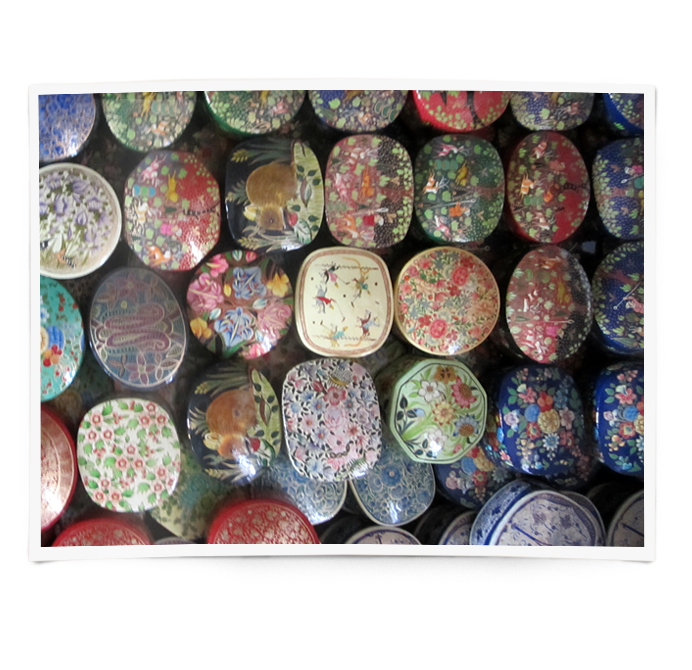
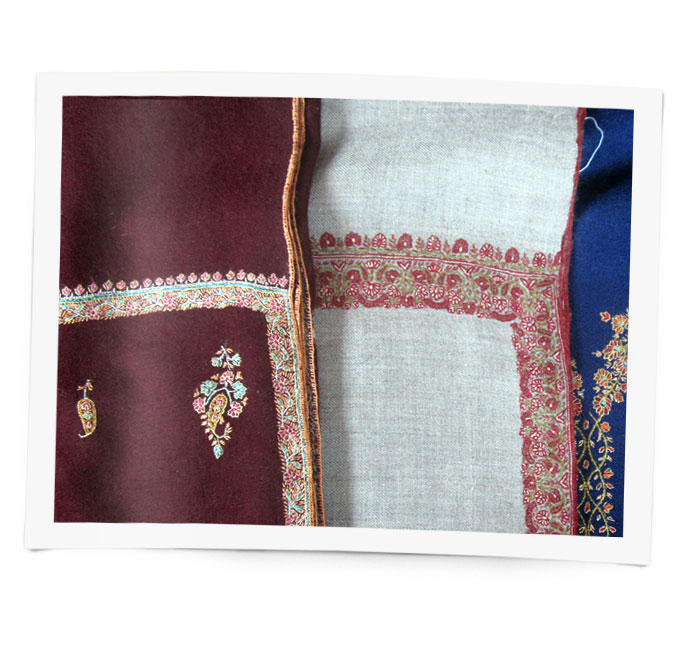
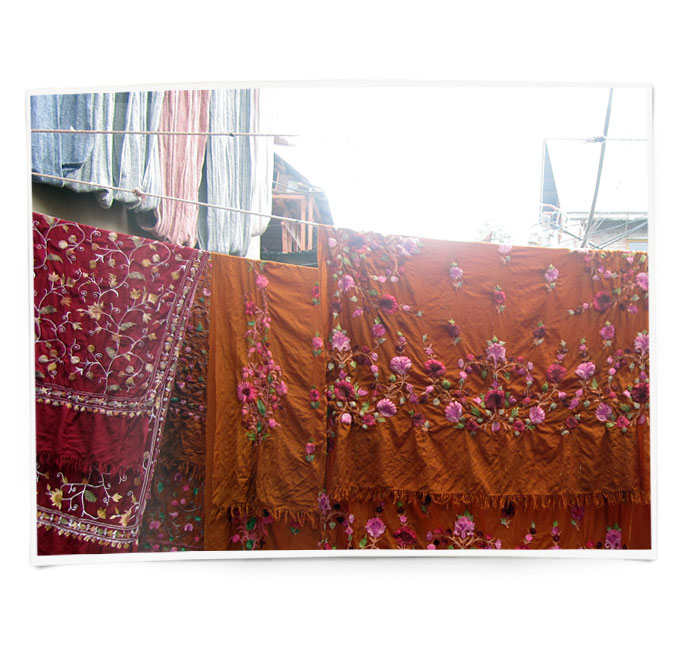
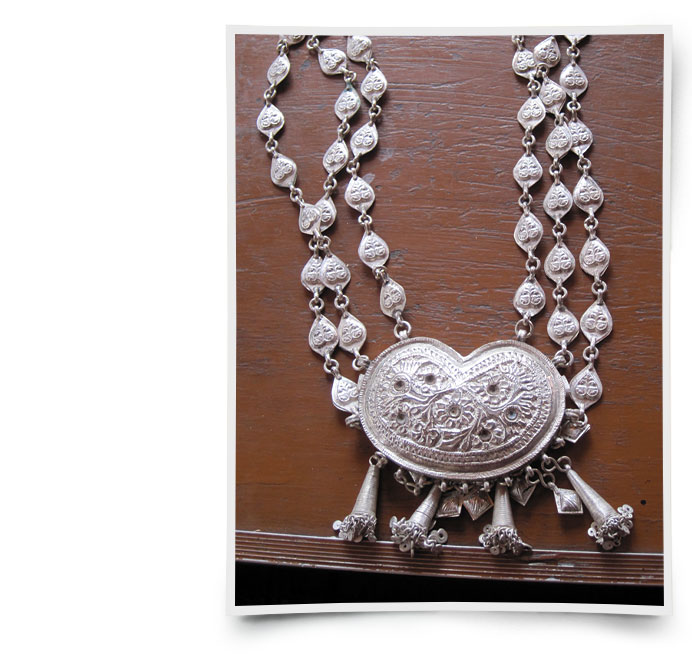
E.
After the interview is over, the interviewer fills out the post-interview documentation forms. The interviewer adds the audio file to the Ladi Shah Project digital archive, and backs-up the interview to ensure that it is safe from damage.
Every step of this process is important, and we strive to ensure accountability at every stage. Next

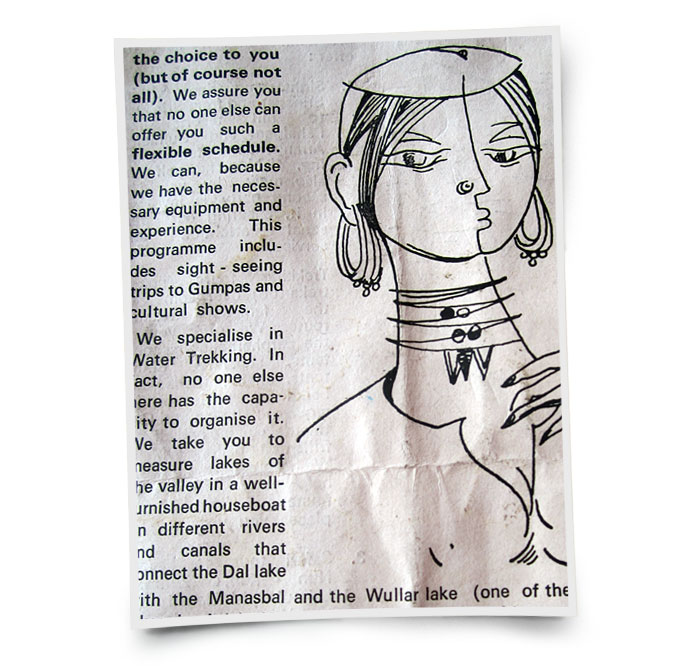
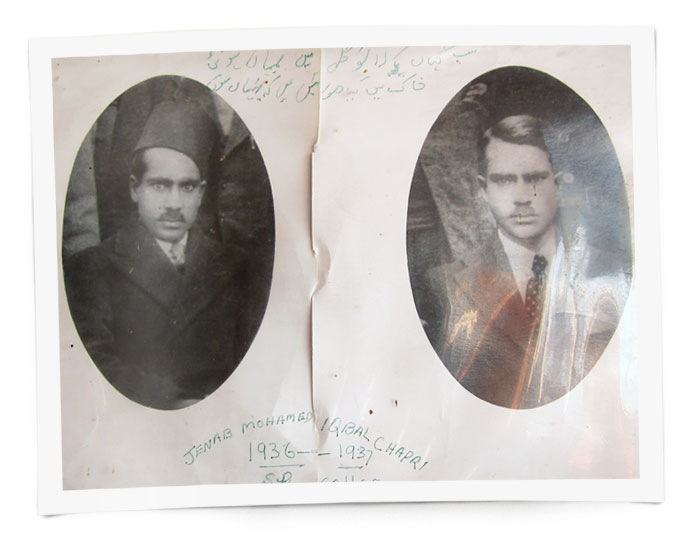
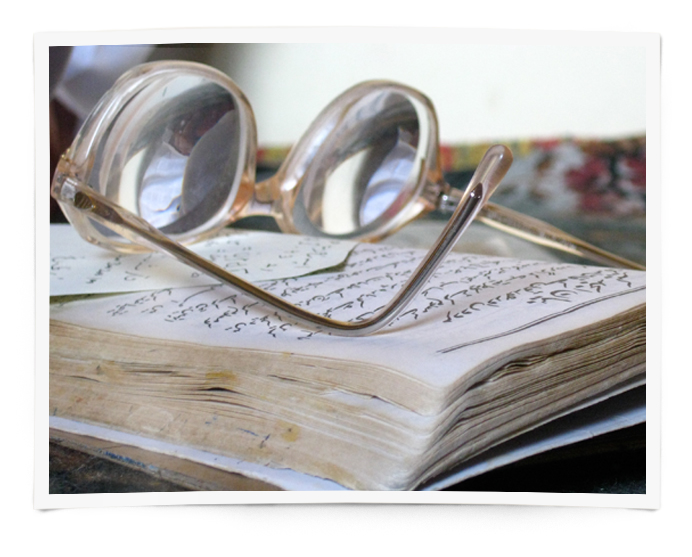
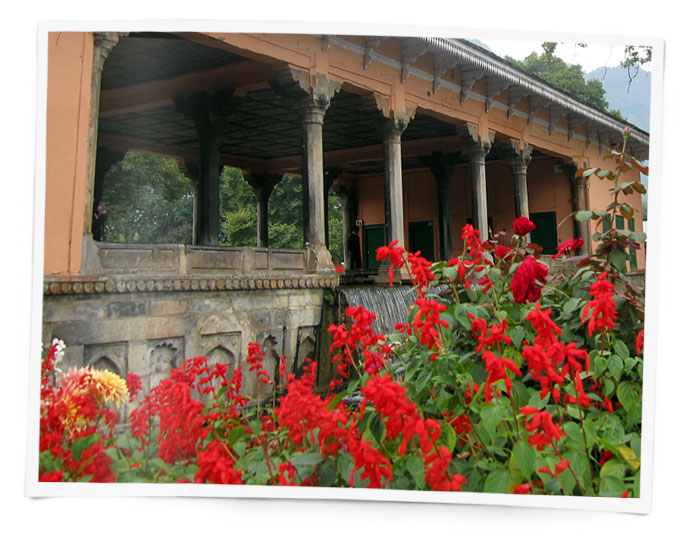
F.
All Ladi Shah Project interviews are archived primarily at the Guru Foundation headquarters in Buffalo, NY and Srinagar, Kashmir. We currently do not post full-length interviews on our website. Please note that the Ladi Shah Project does not provide copies of interviews. We are interested in providing access to our archive for academic research purposes in the future. The Ladi Shah Project archive consists of over 125 interviews and is growing by the day. Please help us sustain our work and share more stories by making a donation now.
